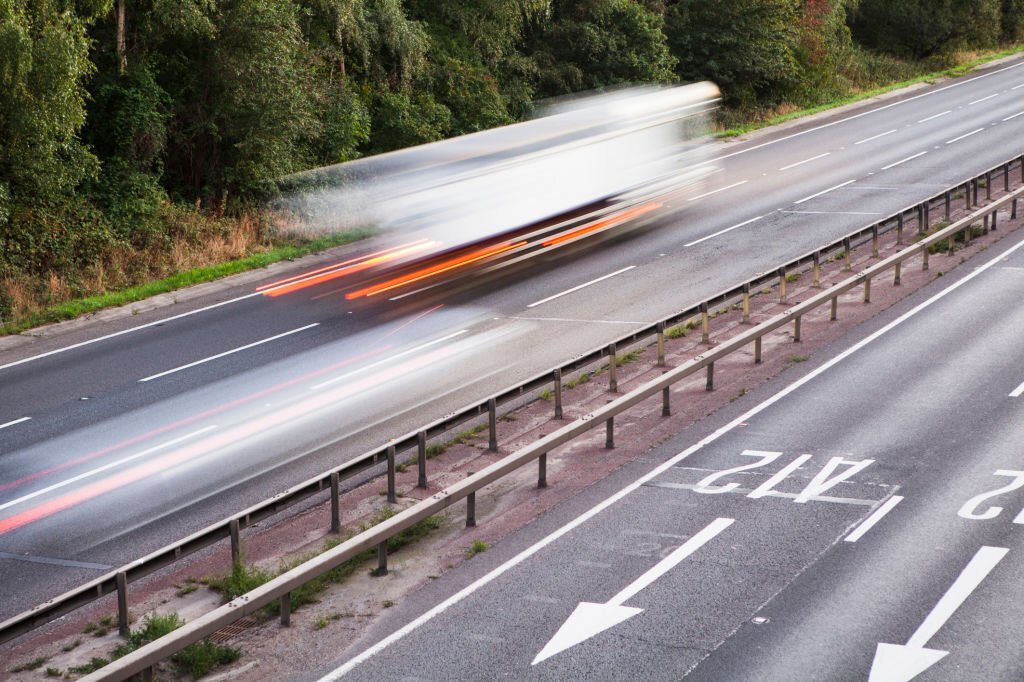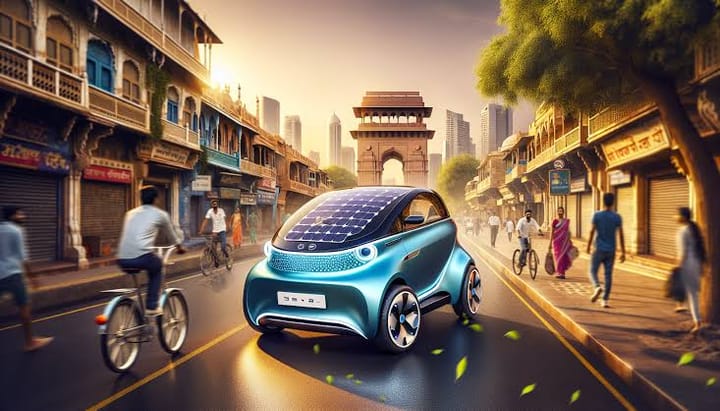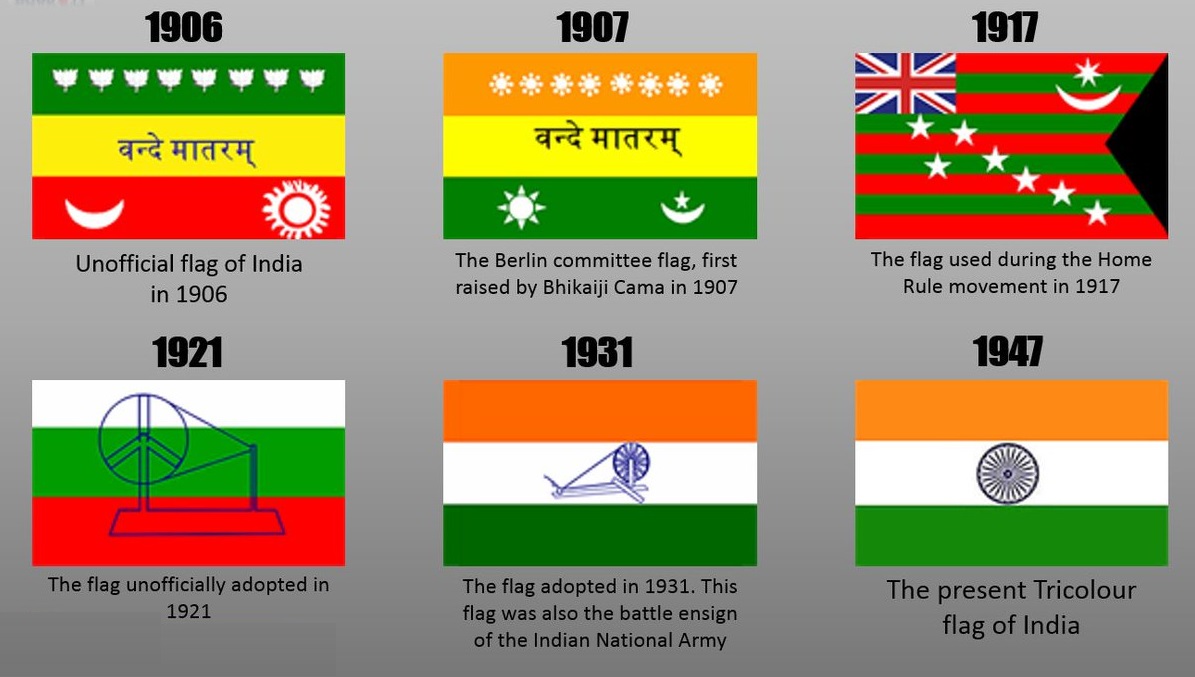GNSS Tolling in India - Revolutionizing Toll Collection with Satellite Technology

India's transportation infrastructure is undergoing a significant transformation, with technology playing a pivotal role. One such innovation on the horizon is the potential use of Global Navigation Satellite System (GNSS) technology for toll collection, aiming to replace the existing FASTag system.
Understanding GNSS and its Application in Tolling
GNSS is a satellite-based navigation system that provides location and time information anywhere on Earth. This technology is already widely used in various applications, including navigation apps, logistics, and surveying. In the context of tolling, GNSS can accurately track vehicles and automatically deduct tolls based on distance traveled or time spent on tolled roads.
Here's how GNSS tolling works:
- Vehicle Tracking: Vehicles would be equipped with a GNSS receiver that continuously communicates with satellites to determine the vehicle's precise location.
- Toll Road Mapping: Toll road networks would be digitally mapped with defined entry and exit points, enabling the system to identify when a vehicle enters and exits a tolled section.
- Toll Calculation: Based on the vehicle's location data and the predefined toll rates for specific road segments, the system would automatically calculate the toll amount.
- Automatic Deduction: Tolls would be deducted directly from a prepaid account linked to the vehicle's GNSS receiver, eliminating the need for physical toll booths or FASTag RFID tags.
Advantages of GNSS Tolling over FASTag
The shift from FASTag to GNSS-based tolling offers several potential advantages:
- Seamless Tolling: GNSS enables free-flow tolling, eliminating the need for vehicles to slow down or stop at toll plazas. This leads to smoother traffic flow, reduced congestion, and lower fuel consumption.
- Enhanced Accuracy: GNSS provides highly accurate location data, ensuring fair tolling based on actual distance traveled on tolled roads.
- Cost-Effectiveness: While initial infrastructure setup costs may be involved, GNSS tolling can potentially reduce long-term operating costs associated with toll booths, RFID tags, and manual toll collection.
- Flexibility and Scalability: GNSS technology is highly scalable and can be easily implemented on new road networks or integrated with existing toll systems.
- Data Analytics: GNSS tolling systems generate valuable data on traffic patterns, congestion hotspots, and road usage, which can be leveraged for transportation planning and infrastructure improvements.
Challenges and Considerations
While the advantages of GNSS tolling are significant, some challenges and considerations need to be addressed:
- Privacy Concerns: Continuous tracking of vehicles raises privacy concerns. Robust data protection mechanisms and regulations are essential to ensure responsible use of location data.
- Infrastructure Requirements: Implementing GNSS tolling necessitates robust communication networks and reliable satellite coverage across the entire road network.
- Interoperability: Ensuring seamless interoperability between different GNSS tolling systems across states or regions is crucial for a unified and efficient tolling experience.
- Public Acceptance: Transitioning to a new tolling technology may require public awareness campaigns and education to address any concerns and ensure smooth adoption.
The Future of Toll Collection in India
The Indian government is actively exploring the potential of GNSS technology for tolling. Pilot projects are being planned to assess the feasibility and effectiveness of GNSS-based tolling systems in real-world conditions. The National Highways Authority of India (NHAI) is playing a key role in driving this technological advancement.
While the widespread adoption of GNSS tolling in India may still be a few years away, the technology holds immense promise to revolutionize toll collection, improve traffic flow, and enhance the overall transportation experience. As India continues to invest in its infrastructure and embrace technological innovation, GNSS tolling has the potential to become an integral part of the country's transportation future.


















Comments ()